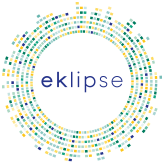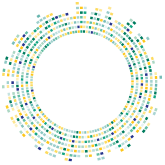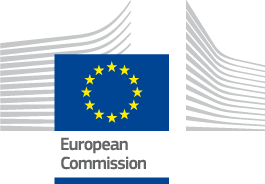Timeline
- Date request received: 02/10/2017
- Call for Knowledge: 11/01/2018
This request entitled “What needs to be done to better integrate research and knowledge on biodiversity and ecosystem services from the global to the European level, and vice versa?” was put forward by the European Commission, DG R&I.
Scoping phase
EKLIPSE developed a questionnaire that was more broadly publicised with the help of the requester, as well as contacted selected representatives from key organisations to share their knowledge on this issue and suggest recommendations. The questionnaire developed for this activity was used to interview 12 selected experts. Experts that accepted to be interviewed included Augustin Berhöfer, Jerry Harrison, Isabel Pinto, Peter Bridgewater, Bob Scholes, Brigitte Baptiste, Asghar M. Fazel, Hesiquio Benítez-Díaz, Paula Harrison and Markus Fischer.
The Document of Work (DoW) described the results of the scoping activities as well as the background of the request and was the basis for the call for knowledge.
Answering the request
The collected feedback from the questionnaires was then used as input for a workshop on June 1st 2018, on this topic, organised by DG R&I, with EKLIPSE leading its design and facilitation. The workshop was attended by over 30 experts from government, civil society and international organisations. It aimed at understanding and improving the links between European and global science and policy on biodiversity and ecosystem services by looking at the methodologies used by others to interpret the international assessments into prioritisation for their own needs and how to help facilitate a process with relevant players on the steps forward in better linking European and Global science and policy on biodiversity and ecosystem services.
Finalisation
In June 2019, the final report was finalised and published.
When identifying what needs to be done to better integrate research and knowledge on biodiversity and ecosystem services from the global to the European level, and vice versa, it is important first to understand the different levels and elements involved. Against this background, suggestions to improve the interaction between EU and Global will involve different issues, steps and levels and, therefore, different players to identify enabling actions to put in place. Find out more in the workshop report.




